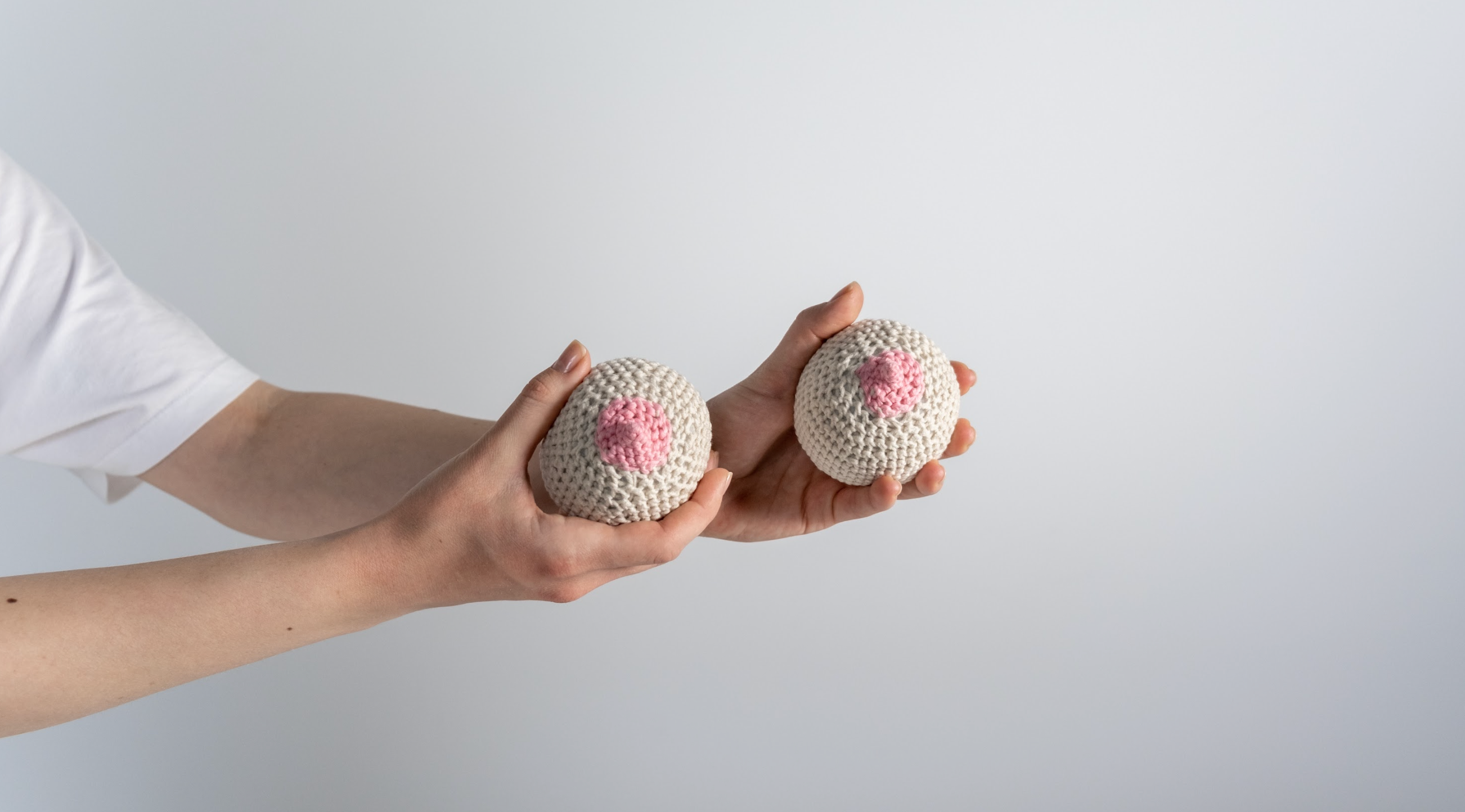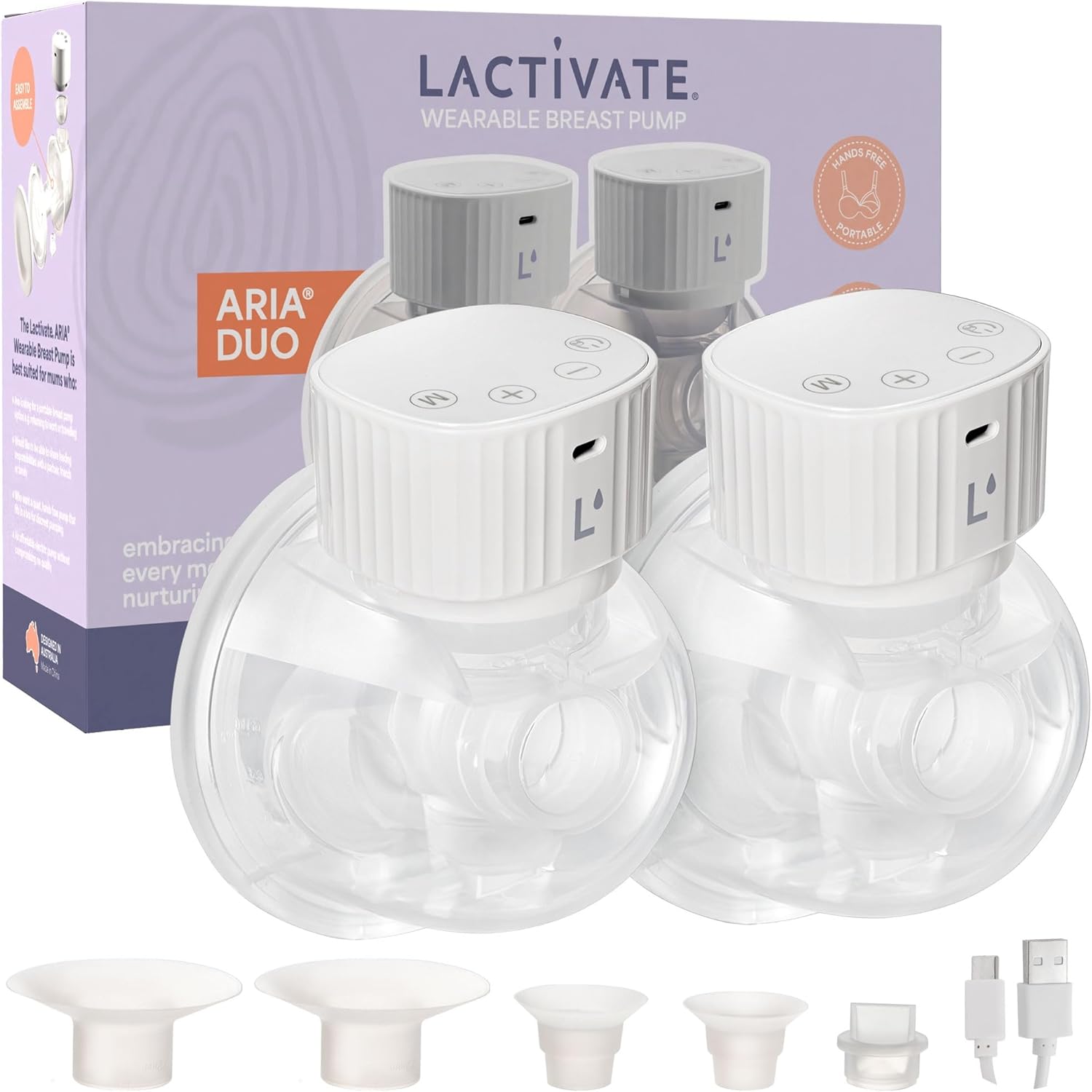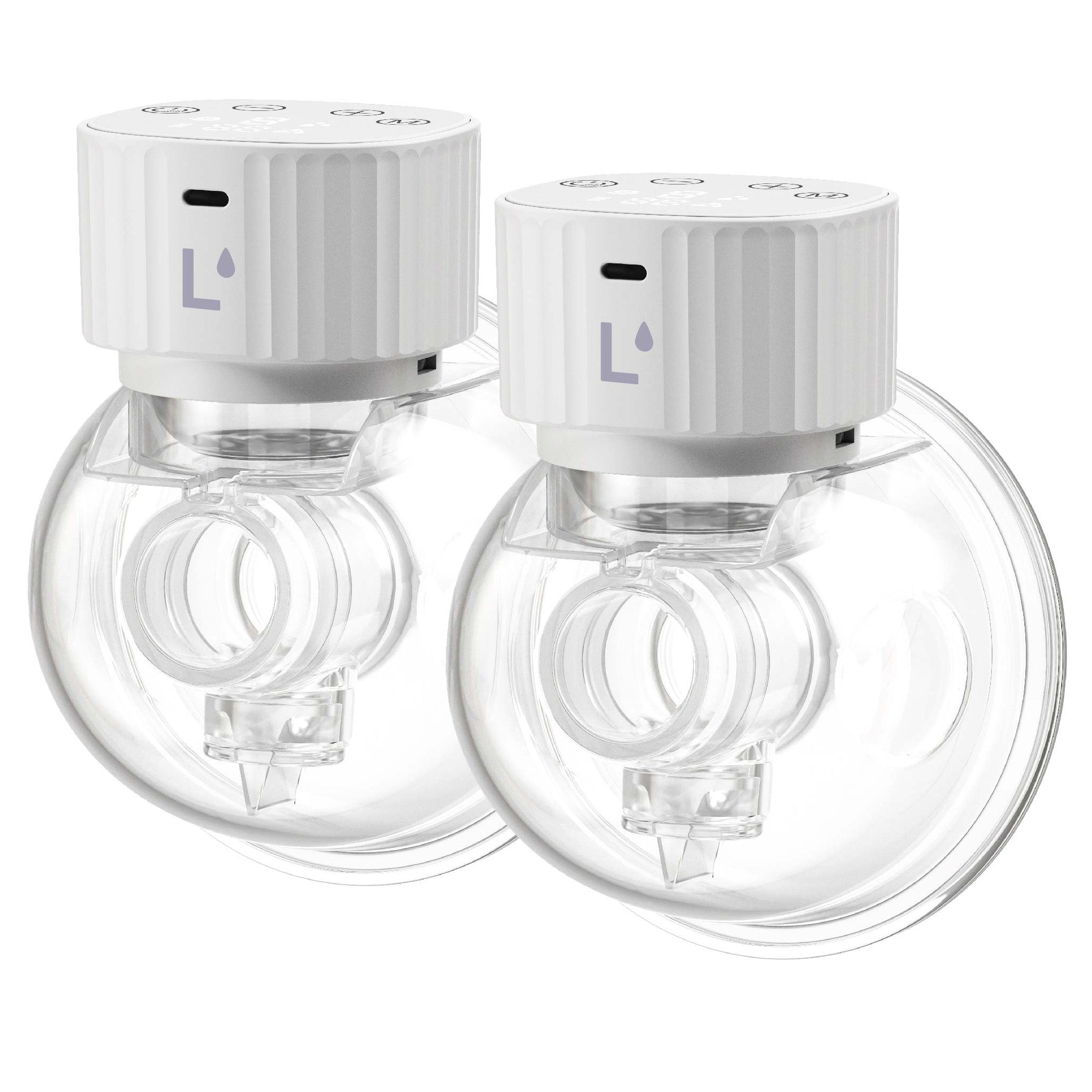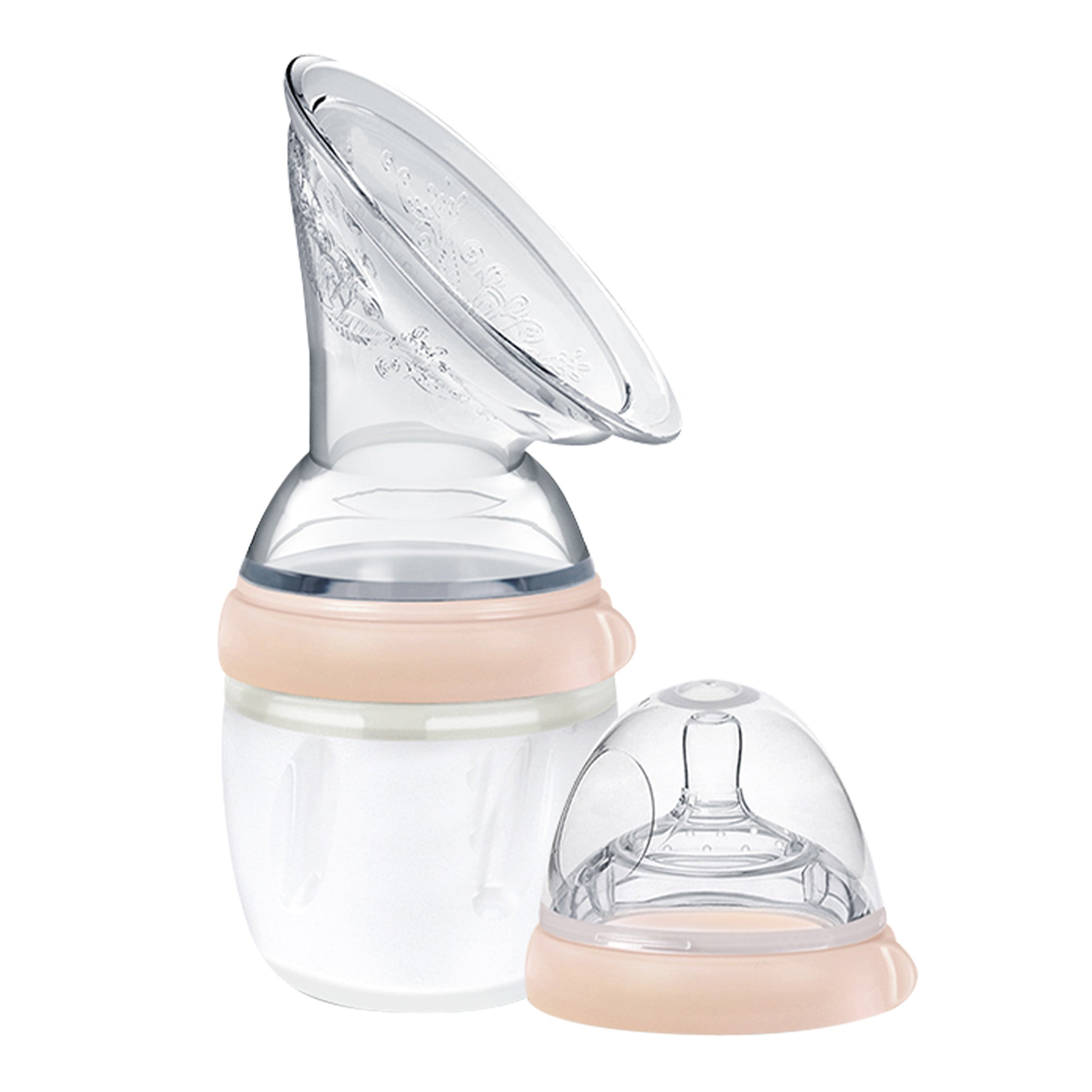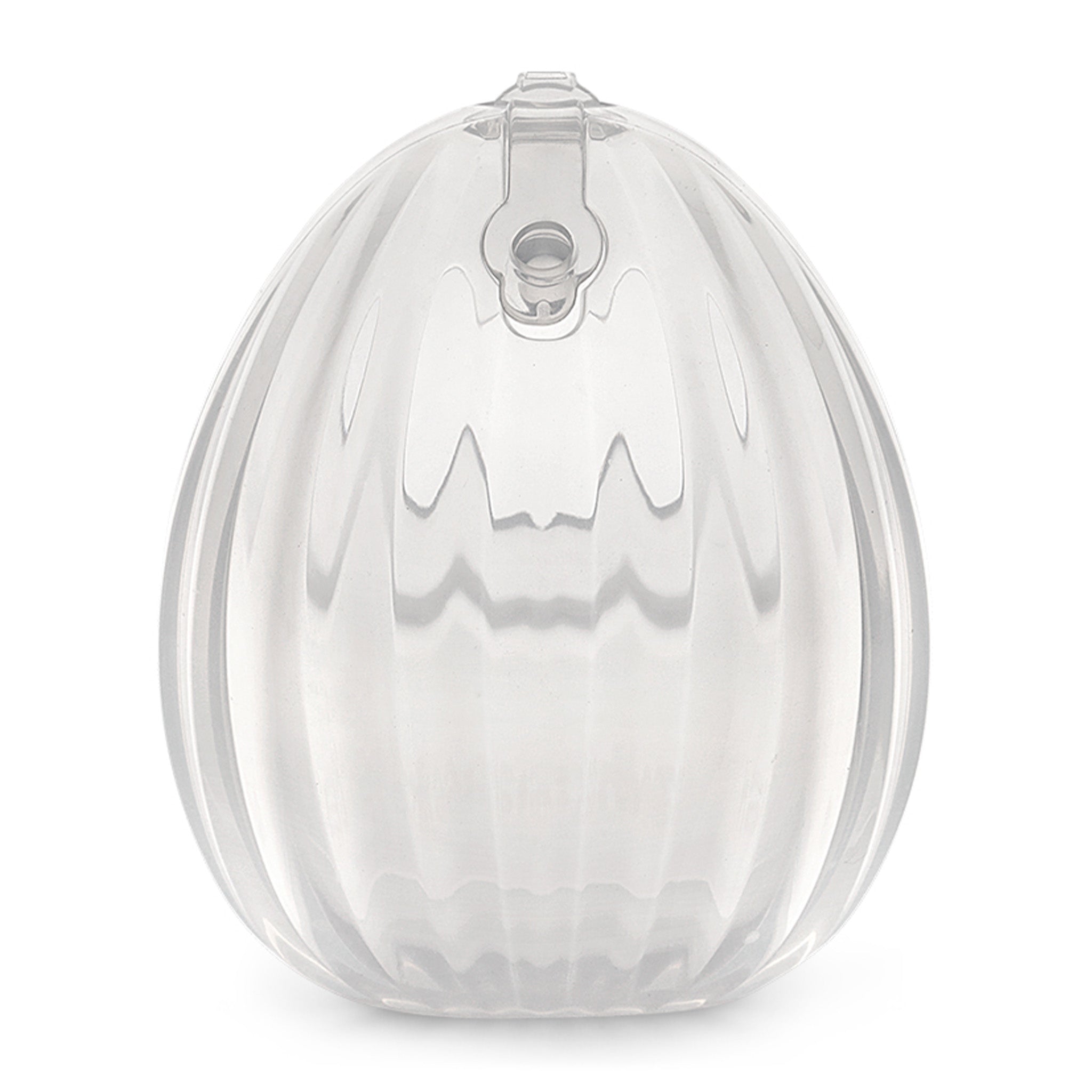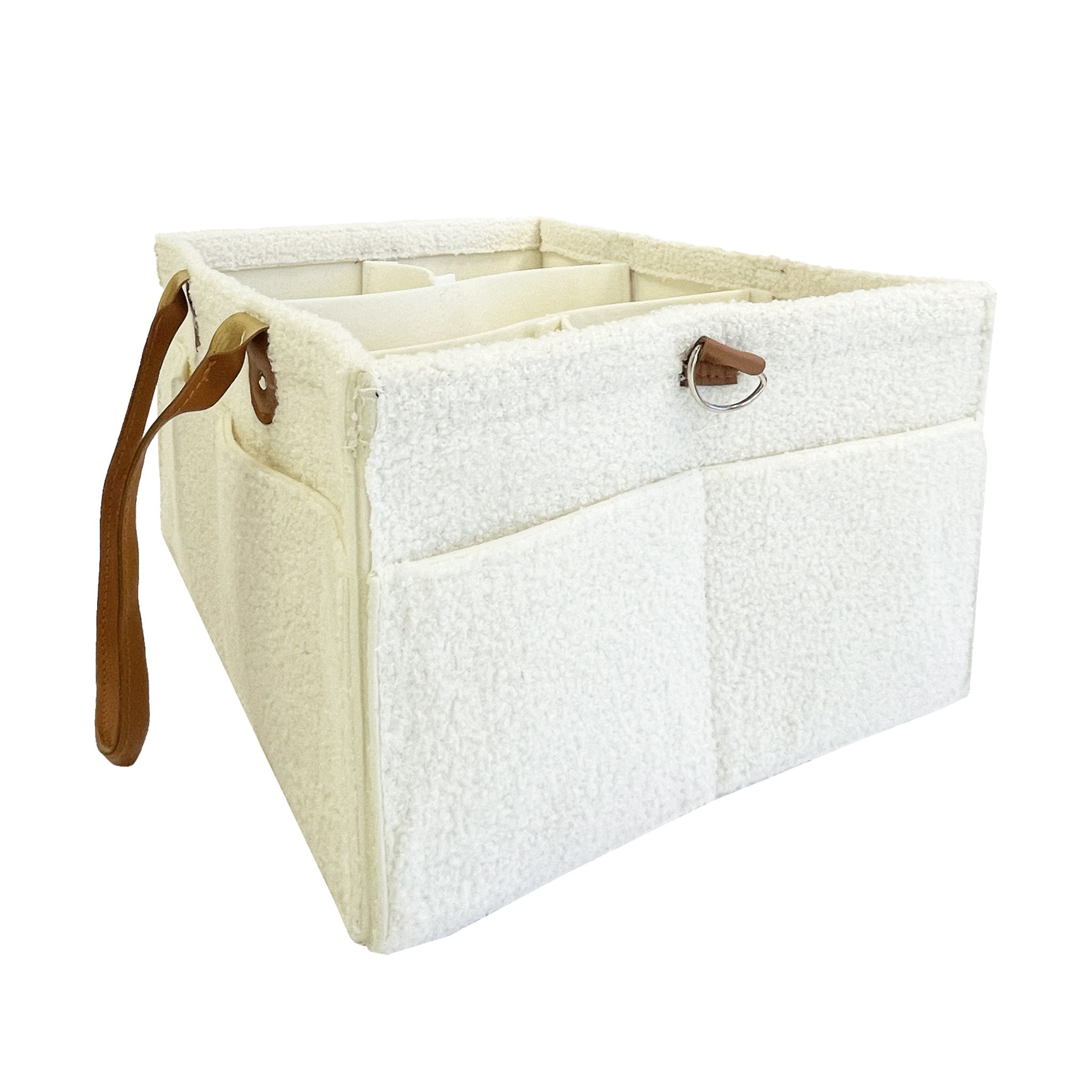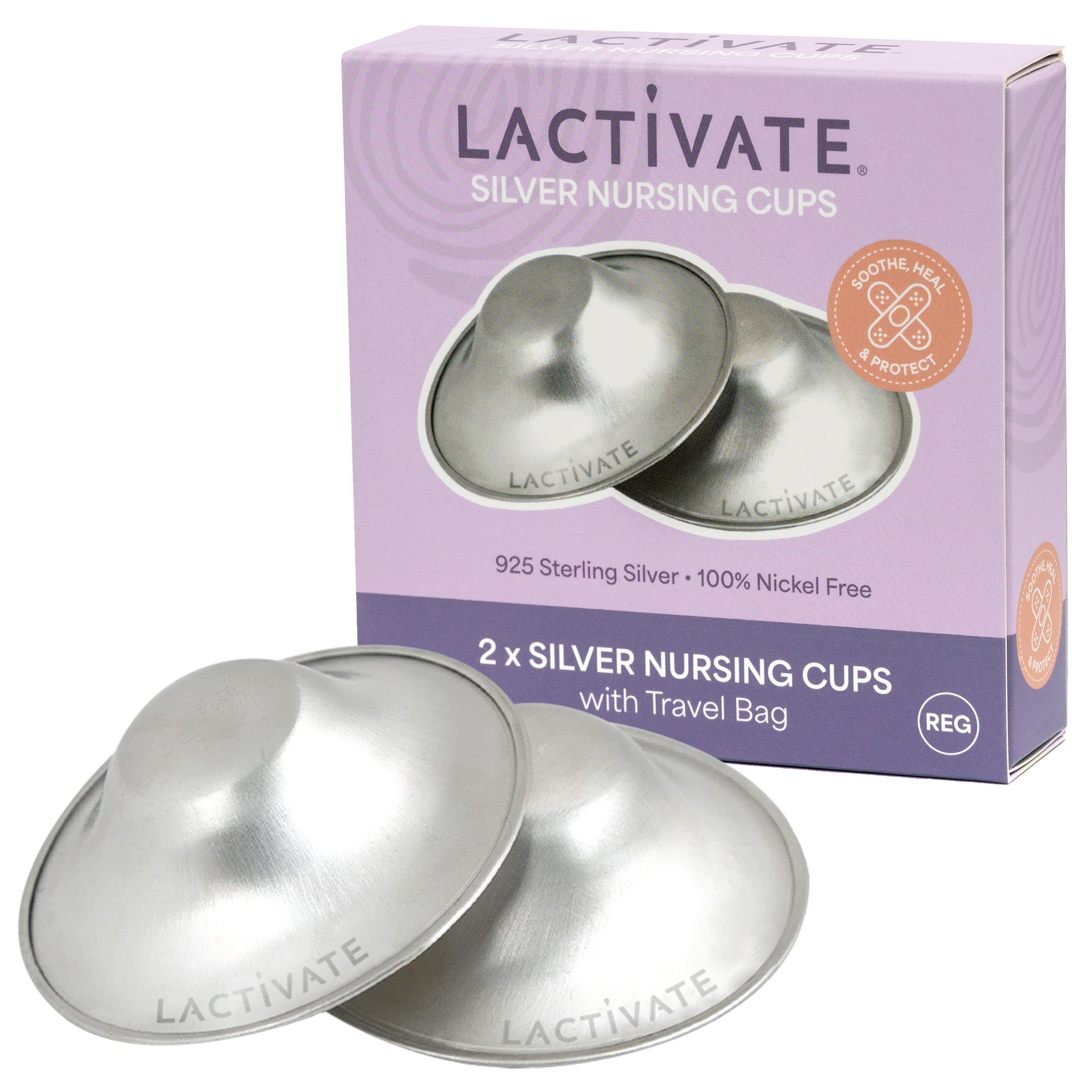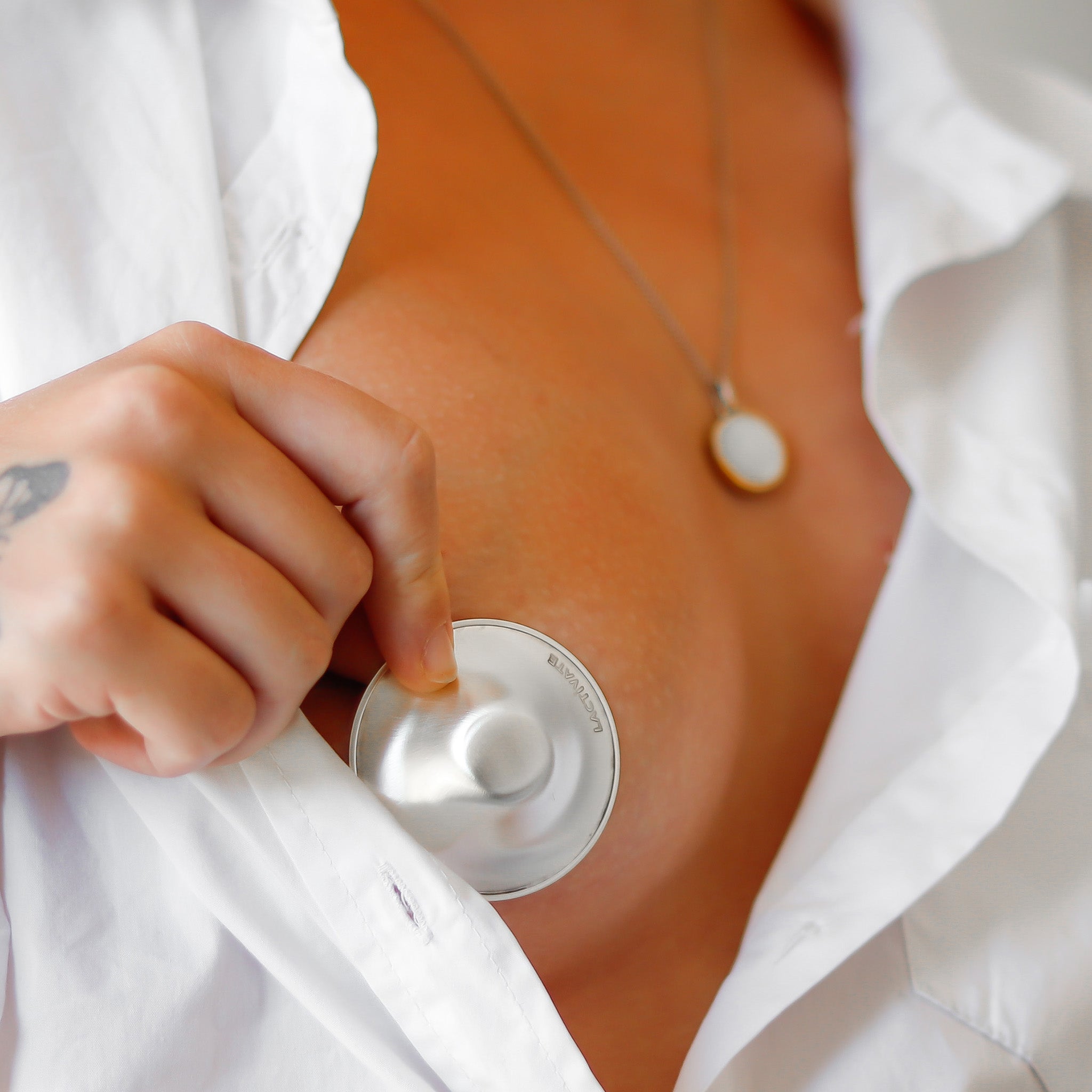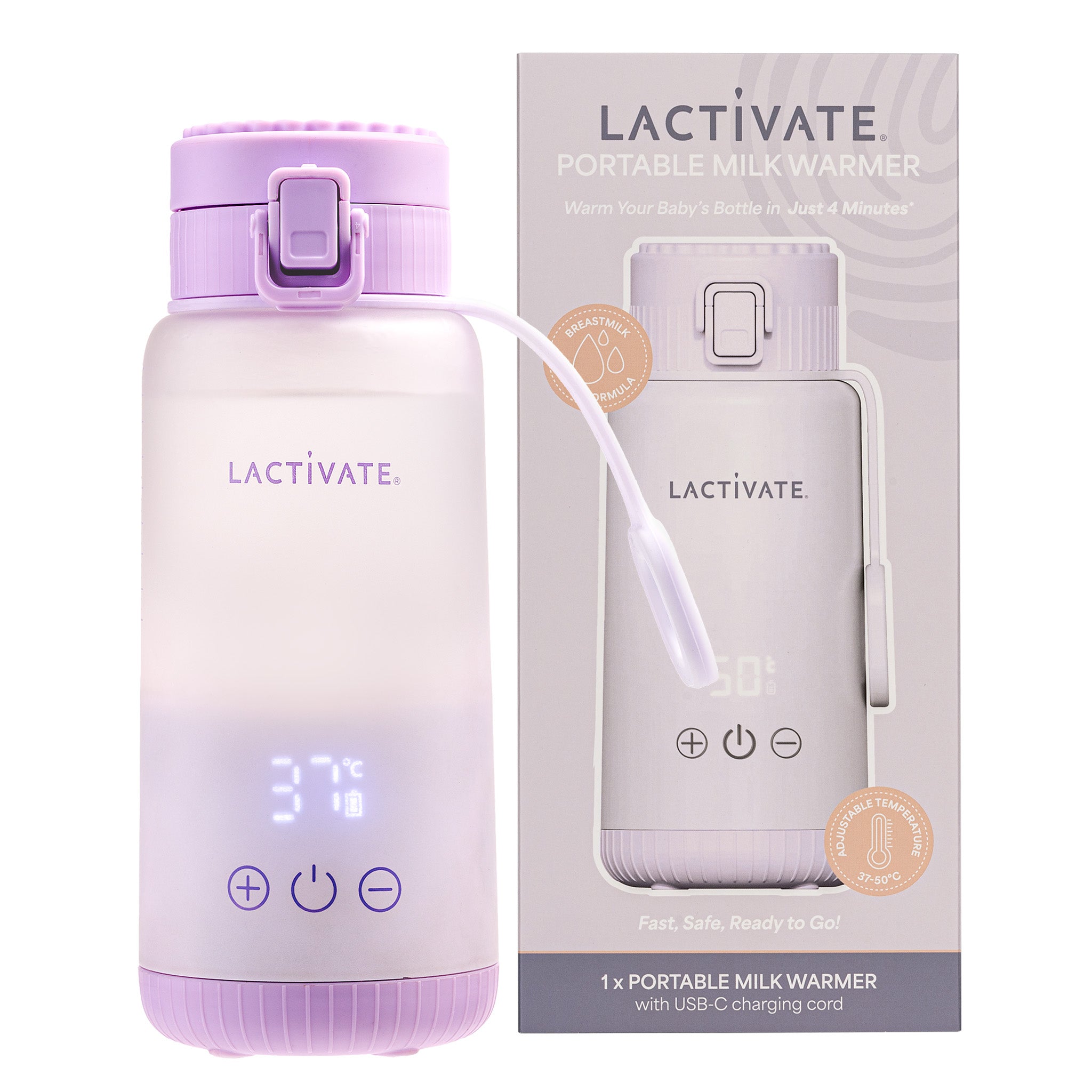Whether you're breastfeeding for the first, or fifth time, chances are good that some parts of the experience have been... surprising.
What may have seemed like the most natural thing in the world prior to birth, may suddenly be really. flipping. hard. Who knew that a let down could hurt (or even that a let down existed?!) Or that breastmilk actually sprayed out of multiple holes? And speaking of 'spraying', plenty of mamas have been caught off guard by the ferocity and speed of their milk flow.
We've pulled together four of the most unexpected things that can sometimes happen during breastfeeding to help mamas new (or returning) to the game be better prepared for that first latch.
Four completely unexpected things that can happen during breastfeeding
1. Your let down can hurt, like REALLY HURT.
Before entering the breastfeeding game, chances are, you'd never heard of a letdown, at least a letdown associated with milk! The let down or milk ejection reflex is your body's hormonal response to your baby attaching to the breast. As they suck, they trigger the nerves in your nipple. These nerves cause hormones to be released into your bloodstream which tells your body to start making and pushing out your milk.
Some women don't feel anything at all, but will notice their baby start gulping as they feed. For other women though, the let down feeling can be STRONG. Tingling, pins and needles, itching, burning and warmth are all very common. Sometimes, engorgement and/or an oversupply can mean your let down is quite painful which is also normal. If it continues being really painful however, it's important to rule out things like mastitis, a blocked duct or nipple thrush.
I have always felt my let down and sometimes it REALLY HURTS. The best way to manage the sensations? Relax and remind yourself it'll be over quickly!
2. There's something called Dysphoric Milk Ejection Reflex (D-MER) and it can be very scary
"Dysphoric Milk Ejection Reflex or D-MER is considered a state of unease or dissatisfaction associated with breastfeeding," says IBCLC Simone Mayze from Mamma's Milk. Mothers may begin to feel anxious, angry or depressed just before their milk lets down and for a short time after. "Women may feel emotional, desperate, depressed, agitated, irritated, panicked or even self loathing," says Simone. It's important to note that these feelings only last for a short time and usually disappear as quickly as they came on.
It's unclear what exactly causes D-MER but it's thought that it is related to the release of oxytocin, and the stimulation of prolactin when feeding. The stimulation of prolactin causes a drop in dopamine and for some women the drop in dopamine is excessive. Dopamine is the chemical that controls pleasure in the brain so when it takes a hit, we really notice it!
The important thing to remember with D-MER is that it DOESN'T mean you have PND (though you can have D-MER alongside other conditions) or that there is something wrong with you. Understanding that what you are experiencing is a physical, rather than psychological, can help, as can adjustments to your diet. "For some mums the feelings fall on the gentle end of the spectrum while for others they may feel more intense," says Simone. "It appears that for the mums with less severe reactions the effects of d-mer lessen sooner."
Simone recommends speaking with your IBCLC or caregiver if you are concerned.
3. Your baby may not know what to do at first (and you won't either!)
Breastfeeding is a learnt skill but not everyone realises that, especially the first time around! When I became a mum for the first time, I assumed I'd pop my son somewhere near my nipple and away we'd go. For some women, this may be exactly what happens, but for others (like me, back in 2012)? It couldn't be more different. Both my son and I needed to learn how to breastfeed, and until we got some expert help, it was a huge struggle.
The moral of the story? Prepare before birth AND call in the experts as soon as necessary. An International Board Certified Lactation Consultant can help guide you through the early days of learning to breastfeed and get you and your baby off to the best possible start.
4. Your body might do some pretty strange things
From leaking milk at all hours or the day and night to lopsided boobs and crying like, well, a baby, breastfeeding can really do a number on your body and emotions.
You can thank all those hormones racing around for that! While some of the below may take you by surprise, you'll quickly realise that it's all part and parcel of the breastfeeding experience (and completely normal!)
Before, during and even after breastfeeding you may experience:
- Leaking milk
- Lopsided or different sized breasts
- Sweating ALL THE TIME
- Intense thirst (especially as your milk lets down)
- Changes to the colour and texture of your milk
- Hair loss
- Changes to your sex drive
- Wrist, shoulder and back pain from constantly holding your little bundle
Remember, if any of the above is worrying you, speak to your healthcare professional.
Featured Product
The Lactivate New Mum Pack is designed to make your postpartum journey easier and more comfortable. Whether you're soothing sore nipples with our Silver Nursing Cups or freshening up "down there" with the Peri bottle - you'll have everything you need to survive (and thrive) as a new mum. Plus, you'll love our absorbent Nursing Pads and Breast Ice & Heat Pack for added relaxation. Transform your transition into motherhood with Lactivate!


